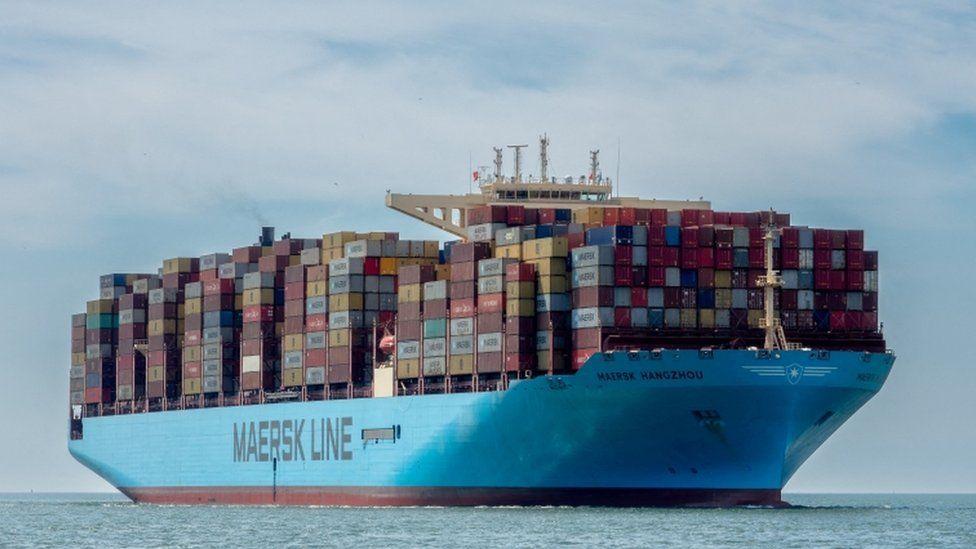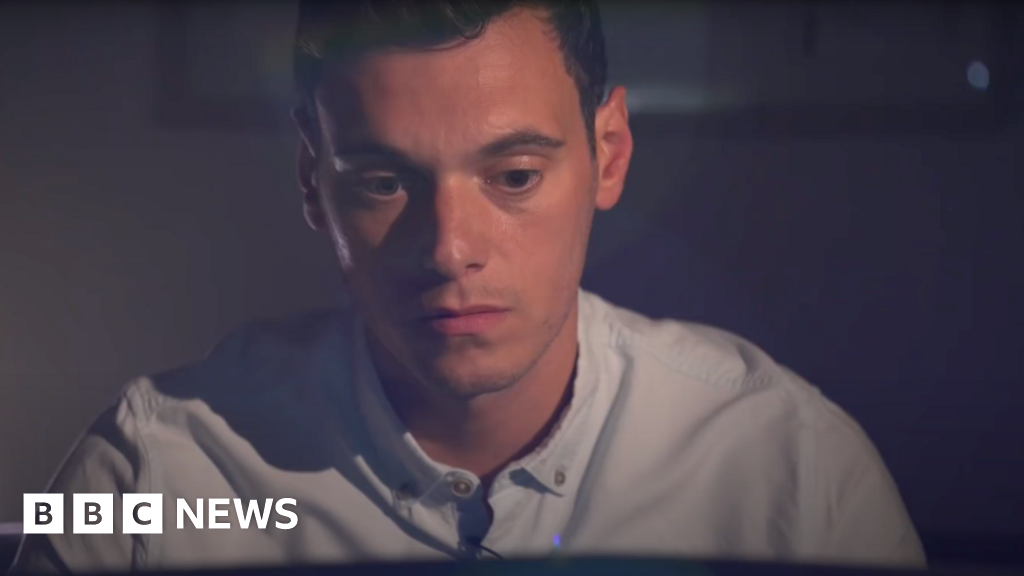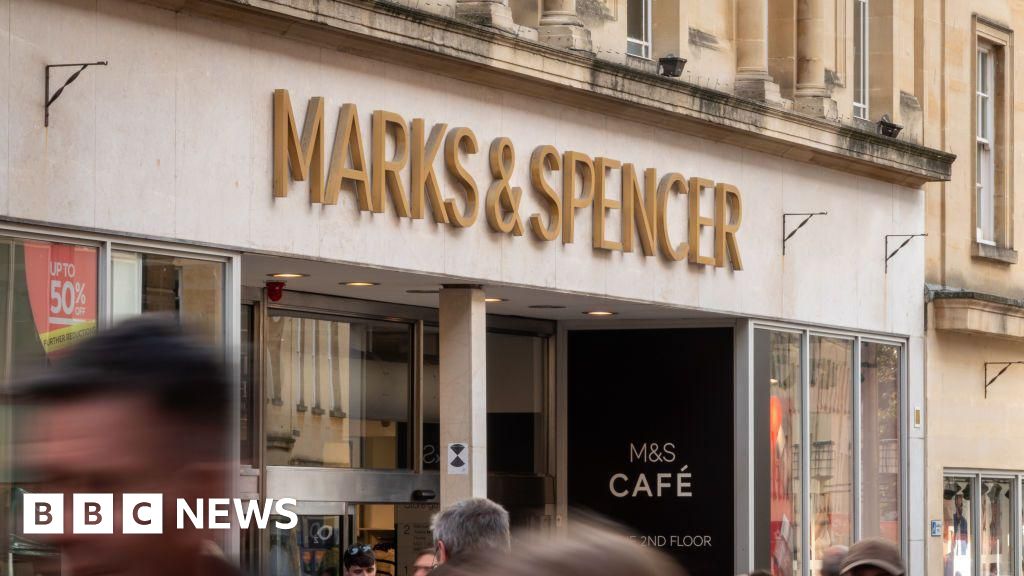ARTICLE AD BOX
 Image source, Reuters
Image source, Reuters
Houthi rebels hit the Maersk Hangzhou, seen here in 2018, with a missile in the Red Sea in December
By Jonathan Josephs
Business reporter, BBC News
"The situation is quite scary. It's dangerous actually," Captain Chirag tells the BBC from on board his ship.
Along with his crew, he's worried about the ongoing attacks on commercial ships in the Red Sea area.
Since November, Iran-backed Houthi rebels in Yemen have repeatedly tried to board vessels or hit them with missiles.
Despite US and UK-led air strikes, they have vowed to continue attacking a vital route for global trade.
Captain Chirag, who didn't want his full name or that of his vessel disclosed because of security concerns, says that on the day those air strikes happened his company told him to have an evacuation plan ready to get to a safe location. In the end it wasn't needed.
Several ships have been hit by missiles in recent weeks, although no injuries have been reported.
The welfare organisation Mission to Seafarers says there are almost 1.9 million men and women working on ships around the world. Collectively they move 90% of the world's goods across the oceans.
Speaking from his vessel in the Gulf of Aden, Captain Chirag explains the stress the attacks are causing.
"The safety of the crew, their life, it comes first and after that safety of the vessel and environment," he says.
"You cannot be at mental peace always. You will be worried. So even my family - they are scared all the time and they were anxiously praying [for] the vessel [to] come out of this area safely."
Crews on other ships that he has spoken to are also quite scared, he says.
Image source, Houthi handout
Image caption,The crew of the Galaxy Leader were taken hostage by Houthi rebels when they were attacked on 19 November
The wellbeing of seafarers is "paramount", according to Arsenio Dominguez, the secretary general of the UN's International Maritime Organization (IMO), whose responsibilities include keeping international shipping safe and secure.
Mr Dominguez told the BBC that whilst there has been a lot of focus on the global economic consequences the attacks are causing, the seafarers are "unsung heroes".
"It's the seafarers that are out there day in day out, making all these things possible," he said.
"We need to remember that they are actually victims, innocent victims, of this particular case and we have to remember that they are just as human as you and I."
The first ship to be attacked was a car carrier, the Galaxy Leader. The vessel and its crew are still being held by Houthi rebels in Yemen and they have turned the vessel into a tourist attraction.
Mr Dominguez says "there's a lot of diplomacy" going on behind the scenes to secure their release.
The wider crisis, he says, "is one of the biggest challenges that the IMO has faced" and the interruptions to global trade "will have a negative effect on you, on me and everyone on this planet".
Financial services group Allianz has forecast that "if the crisis persists for several months" global inflation could be pushed up by half a percentage point to 5.1%, just as it appeared that the worst of recent price rises were over.
This increase would largely be driven by the rise in shipping rates, which are due to the extra costs the industry is facing as a result of avoiding the Red Sea by taking the longer, safer route around the south of Africa.
That could in turn reduce global economic growth, Allianz forecasts.
Extra costs include higher pay for crew, more fuel and the huge increase in "war risk" insurance that ships need to navigate the Red Sea region.
Insurance broker Marsh says rates have risen as much as 70-fold since early December. The premium to insure a $100m container ship has jumped from $10,000 to about $700,000.
"This is a significant development, given the strategic importance of the area as a key sea route for global trade and supply chains," says Marcus Baker from Marsh.
A growing number of companies including Danone, Michelin and Ikea are facing delays in getting goods and raw materials where they want them.
But Vincent Clerc, the chief executive of Danish shipping giant Maersk told the BBC earlier this week: "We don't really see another solution right now than to sail south of the Cape of Good Hope.
"We have ships that are being shot at. We have colleagues whose lives are at risk when this happens and we can simply not justify sailing through these dangerous zones."
Captain Chirag says that long-term resilience could come through the use of remotely controlled ships which mean seafarers like himself face less risks, but he expects that is at least 50 years away.
For now he and his crew are content to take the long way round the south of Africa. "We just need the weather report and the charts for that area so that we can navigate safely."
You can watch Vincent Clerc and Arsenio Dominguez's full interviews on Talking Business with Aaron Heslehurst on BBC News. Viewers in the UK can watch on BBC iPlayer from 23:30 GMT on Saturday. In other countries it will be on at 23:30 GMT on Saturday, 05:30 GMT and 16:30 GMT on Sunday and 08:30 GMT on Monday.

 1 year ago
64
1 year ago
64








 English (US) ·
English (US) ·